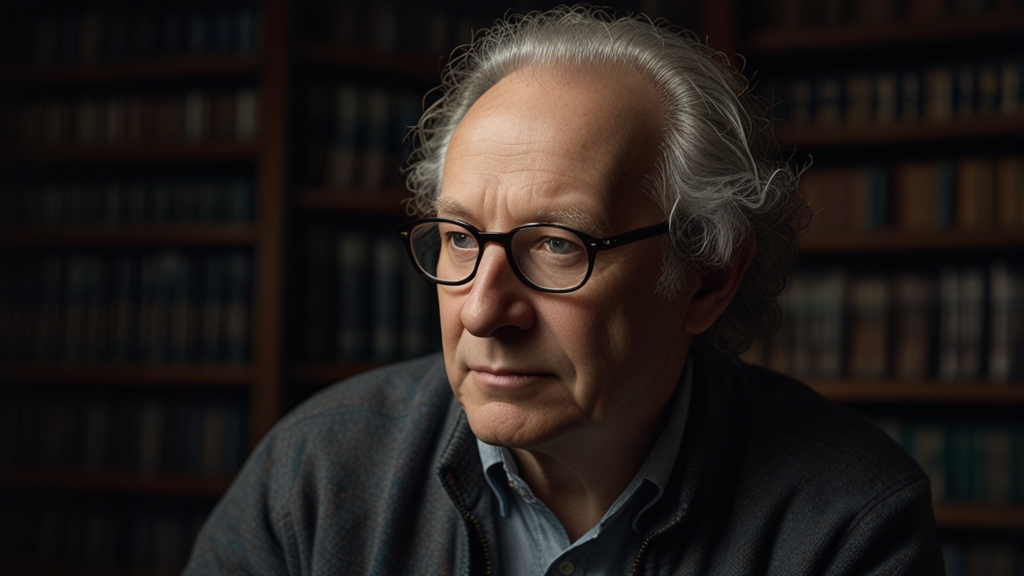Genesis: The Battle Between Faith and Reason
The Book of Genesis, the first book of the Bible, is often at the heart of the intense debate between faith and reason. Spanning creation, the fall of man, and the early stories of God's interactions with humanity, Genesis poses profound questions about the origins of life and the universe. These narratives have fueled a historic and ongoing conflict between those who interpret these stories through a lens of faith and those who seek scientific explanations.
The Narrative of Creation
Genesis begins with the story of creation, where God creates the world in six days and rests on the seventh. To believers, this account is a testament to divine omnipotence and serves as a foundational element of their faith. They view the creation week as a literal or allegorical expression of God's power and intentionality.
"In the beginning, God created the heavens and the earth." - Genesis 1:1
From a scientific perspective, the creation story is examined through evolutionary biology and cosmology. The Big Bang Theory, which states that the universe began as a singularity approximately 13.8 billion years ago, starkly contrasts with the biblical timeframe. Evolutionary theory, articulated through the work of Charles Darwin and later scientists, offers an evidence-based account of the origin and development of life on Earth over billions of years.
The Fall of Man and Original Sin
Another significant narrative in Genesis is the fall of man. Adam and Eve's decision to eat from the Tree of Knowledge introduces sin into the world, impacting humanity's relationship with the divine. This story is central to the Christian doctrine of original sin and underscores the need for redemption through Jesus Christ.
"For dust you are and to dust you will return." - Genesis 3:19
Critics from a rationalist perspective may interpret the story of the fall as a mythological explanation of human nature, morality, and the existence of evil. Psychologists like Carl Jung have analyzed these stories as archetypal, representing deeper truths within the human psyche. The symbolic nature of the narrative can offer insights into the human condition without necessitating a literal belief in the events described.
Scientific Explanations and Challenges
Modern science presents alternative explanations for phenomena described in Genesis. Advances in genetics, geology, and paleontology paint a different picture of human origins and Earth's history. The genetic evidence supports a shared ancestry with other life forms, and geological data shows a planet that has undergone complex processes over billions of years.
These scientific findings often clash with a literal interpretation of Genesis, provoking debates in educational, religious, and public spheres. Some groups advocate for teaching creationism or intelligent design alongside evolutionary theory in schools, arguing that different perspectives should be represented. Others emphasize the importance of scientific literacy and evidence-based reasoning.
Finding Harmony Between Faith and Reason
Despite apparent conflicts, many people seek ways to harmonize their faith with scientific understanding. Theistic evolution, for example, is a perspective that reconciles evolutionary biology with belief in divine guidance. This view posits that God works through natural processes, thereby integrating scientific discoveries with religious faith.
Additionally, some theologians and scientists maintain that faith and reason address different aspects of human experience. While science seeks to understand the natural world through empirical evidence and testable theories, faith explores existential questions, purpose, and morality. This complementary approach allows individuals to appreciate the richness of both domains without forcing a convergence.
Conclusion
The battle between faith and reason, as exemplified by the interpretations of Genesis, highlights a fundamental aspect of the human quest for understanding. It reflects the enduring tension between seeking empirical knowledge and nurturing spiritual beliefs. Ultimately, the dialogue between these perspectives can foster a deeper appreciation of the complexities of existence and the multi-dimensional nature of truth.








